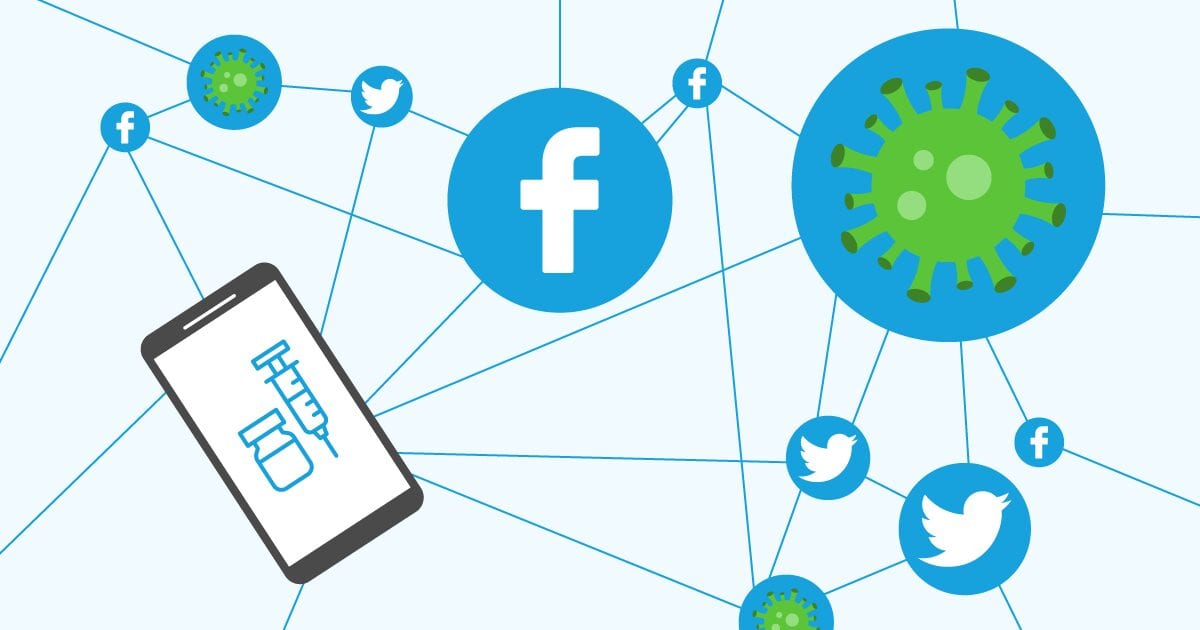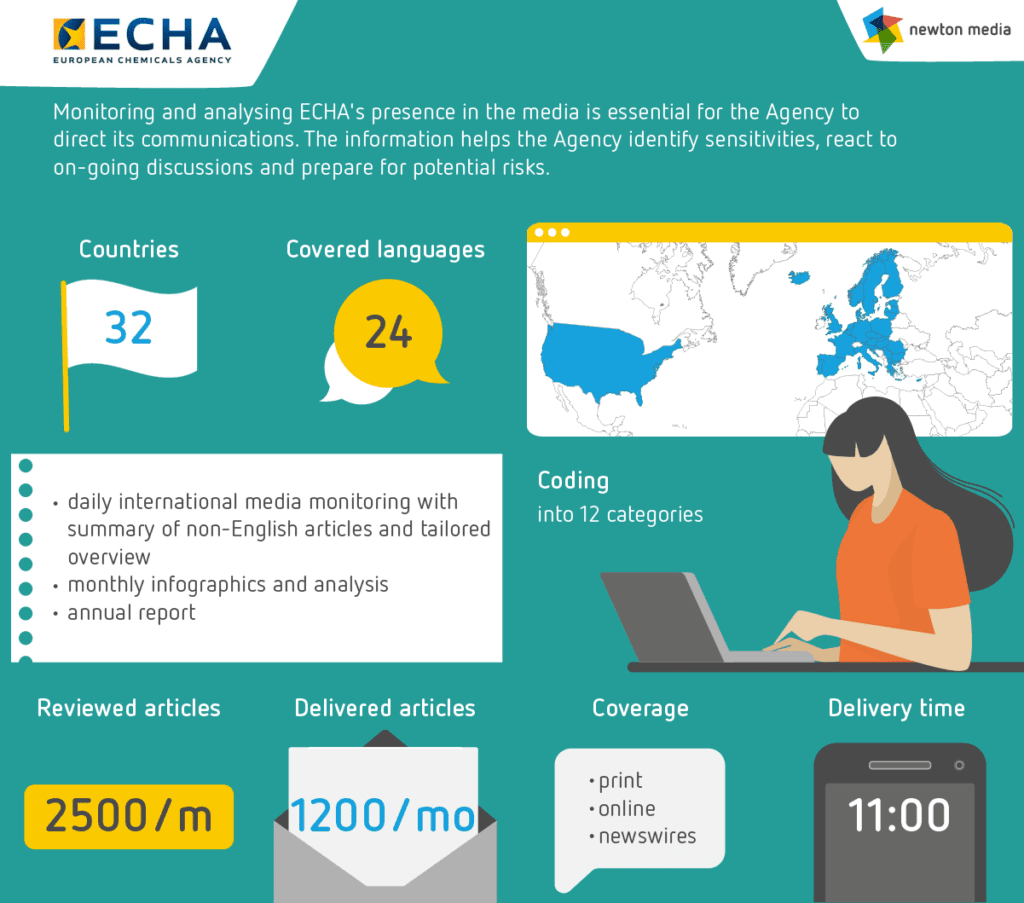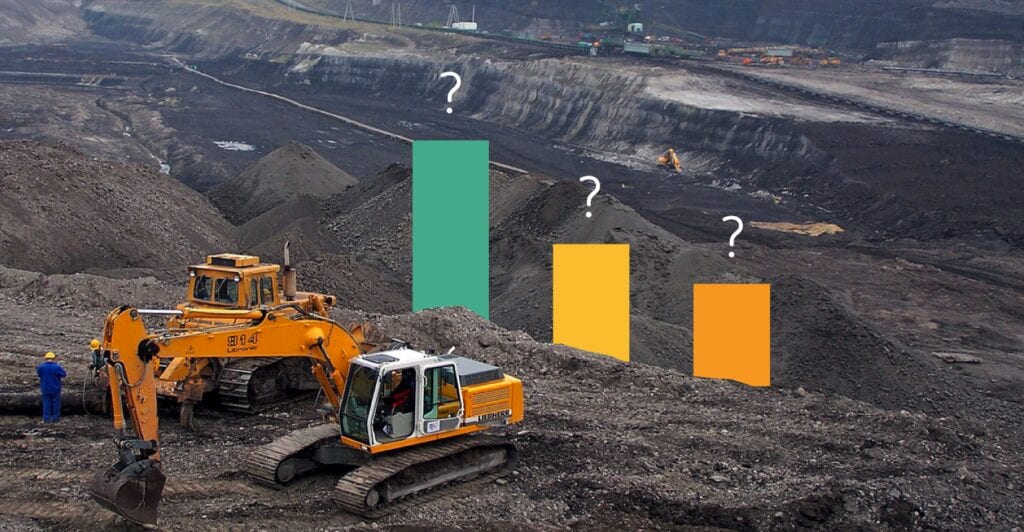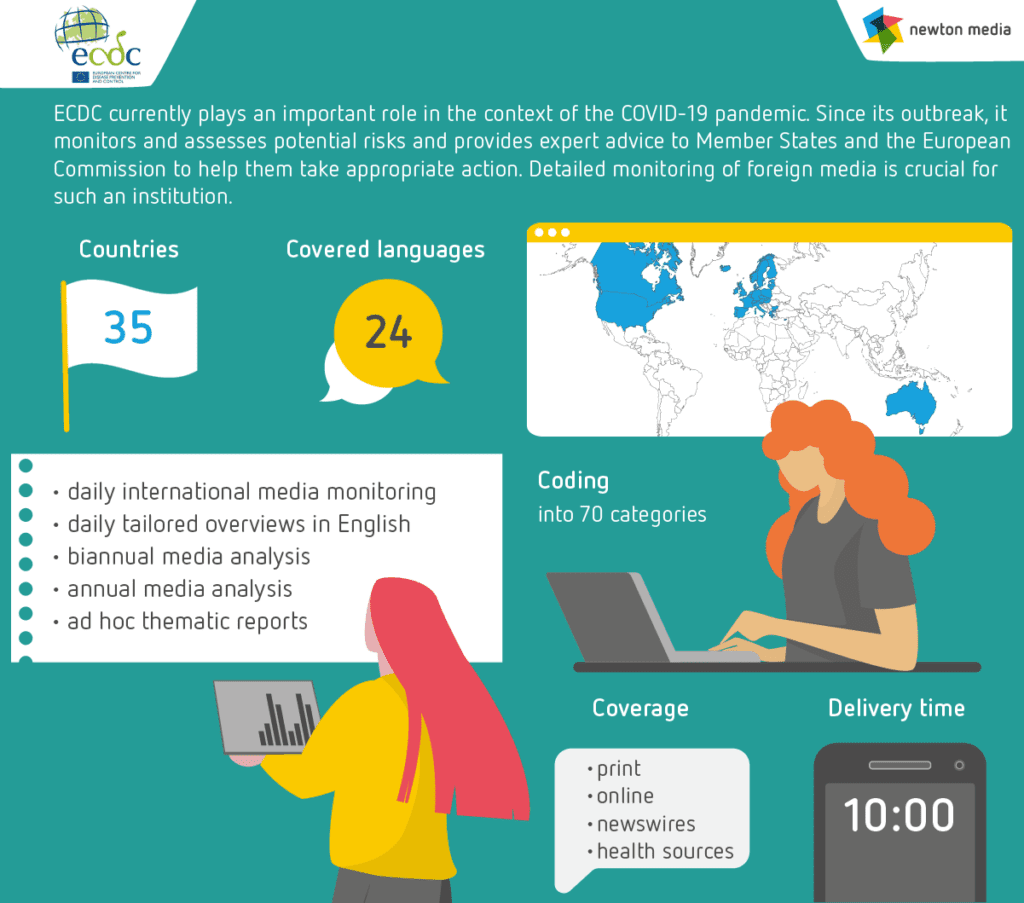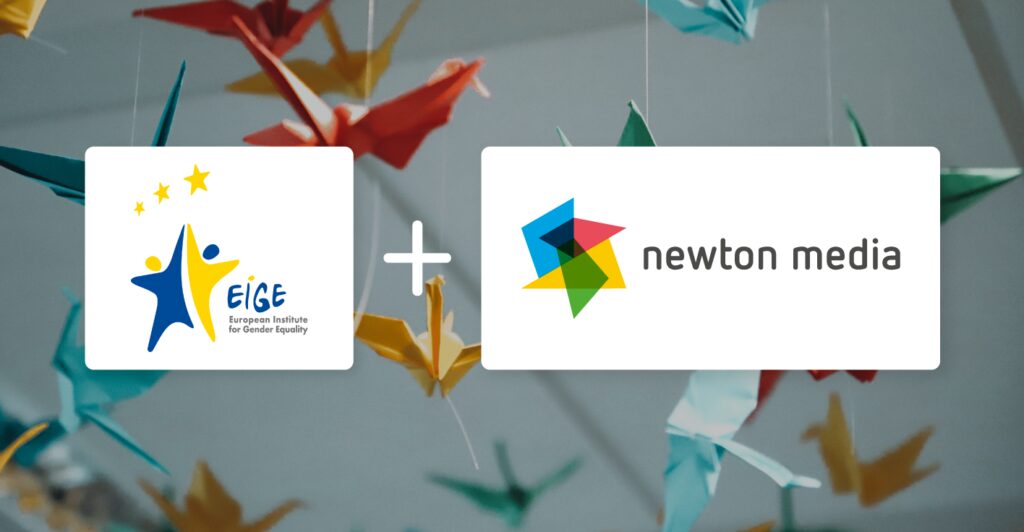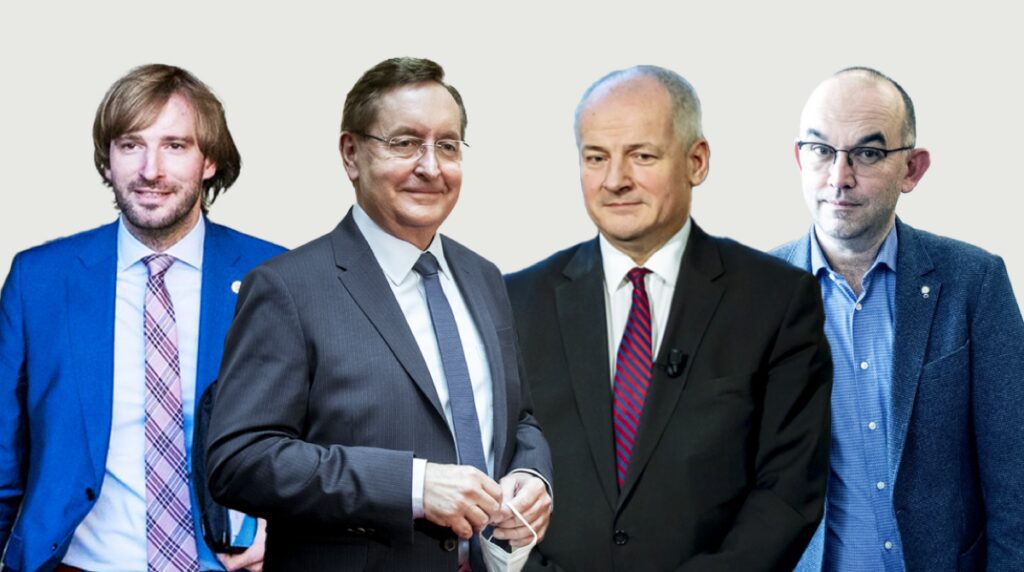In more than a year of the pandemic, discussions on social media about coronavirus in the Czech Republic have exceeded 11 million contributions, tenth of the comments mentioning vaccination. Information about „Western“ vaccines Pfizer/BioNTech, Moderna, and AstraZeneca is equally distributed from several news servers, a quarter of all articles mentioning the Russian vaccine Sputnik V comes from Sputnik Czech Republic website. The debate on coronavirus has been politicized from the outset. The communication of state institutions lags, the public does not show interest in it and prefers information provided by other accounts. These are conclusions of a detailed analysis conducted by Newton Media, which has focused on the sources shaping the vaccination debate.
The topic of vaccination in connection with COVID-19 has been resonating in social media in the Czech Republic since January 2020, when first information about the disease appeared. In the period from 1.1.2020 to 31.1.2021, 1 141 304 contributions were published on this issue. Of the overall debate on COVID-19, vaccination was mentioned in 10 % of all contributions. Users were debating mostly on Facebook with 909,535 mentions about vaccination.
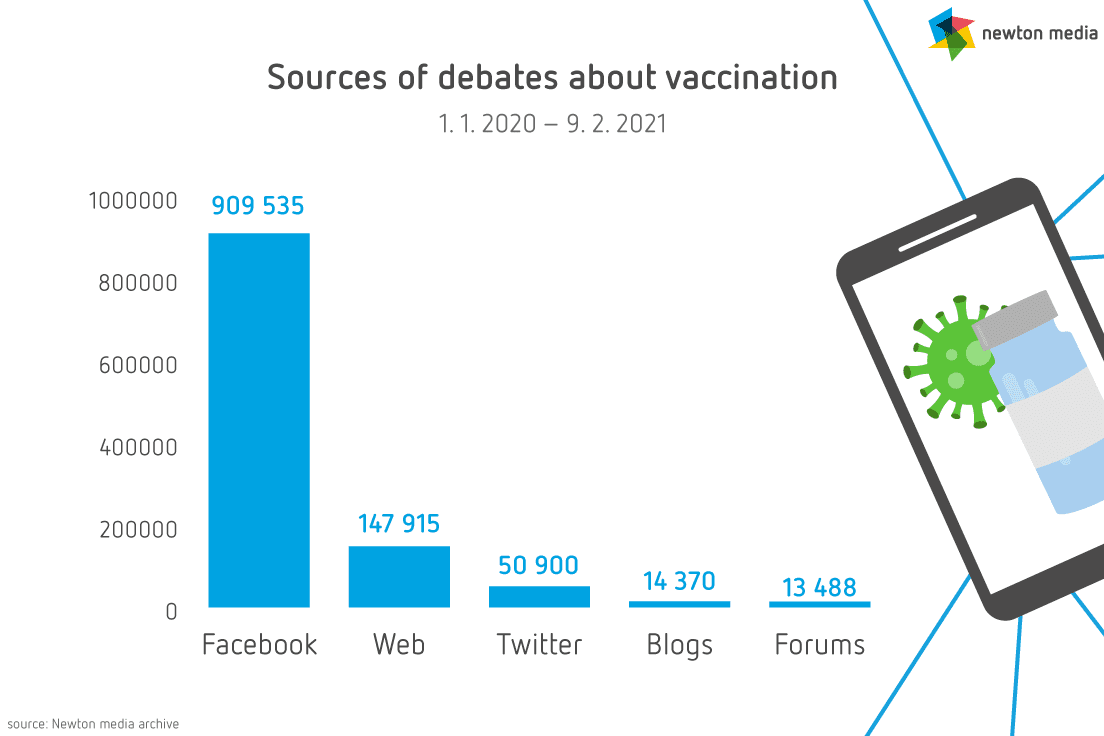
Initial discussions about vaccination focused on the time of its production and were influenced by several articles on the lengthy course of influenza vaccine development. In the debates, users assumed the development of the coronavirus vaccine would proceed similarly and they expressed concerns of not receiving the vaccination soon. As the information on coronavirus infection and possible mutations increased, so did scepticism about the effectiveness of the vaccine. In late January, when media reported about Hong Kong scientists who had developed the vaccine and who had been awaiting the testing phase, Czech social network users discussed the possibilities of such pace, with conspiracy posts about hidden chips and human control. “This type of commentary appeared during the year in most of the comments hat reported on vaccine development around the world. Frequent sharing of unsubstantiated and misleading facts, especially about Pfizer / BioNTech, Moderna, and AstraZeneca vaccines, has influenced the rhetoric of the discussants and deepened their scepticism towards vaccination,” says Martina Maňhalová, a social media analyst at Newton Media. Over the months, it has become clear that Pfizer and BioNTech will be the first to launch an approved vaccine. The debate on coronavirus has been politicized from the outset, and this characteristic has intensified significantly with the first mention of the Russian vaccine Sputnik V in August 2020.
Debates on vaccination have typically accumulated under Facebook contributions of news sites or influencers ranging from politicians, celebrities, and experts. The largest number of Facebook posts about vaccination from news websites was published by EuroZprávy.cz, followed by FTV Prima News and Sputnik Czech Republic. However, the largest discussions took place under the contributions of ČT24 accounts (146,666 comments), Novinky.cz (60,312 comments), TN.cz (50,357 comments) and iDnes.cz (47,405 comments). The analysis of the contributions on individual vaccines shows that Novinky.cz, Lidovky.cz and EuroZprávy.cz provide the most information about the „Western“ vaccines of Pfizer / BioNTech, Moderna, and AstraZeneca. However, the Russian vaccine Sputnik V is mostly addressed by the website of the same name which is connected to Russian state media.
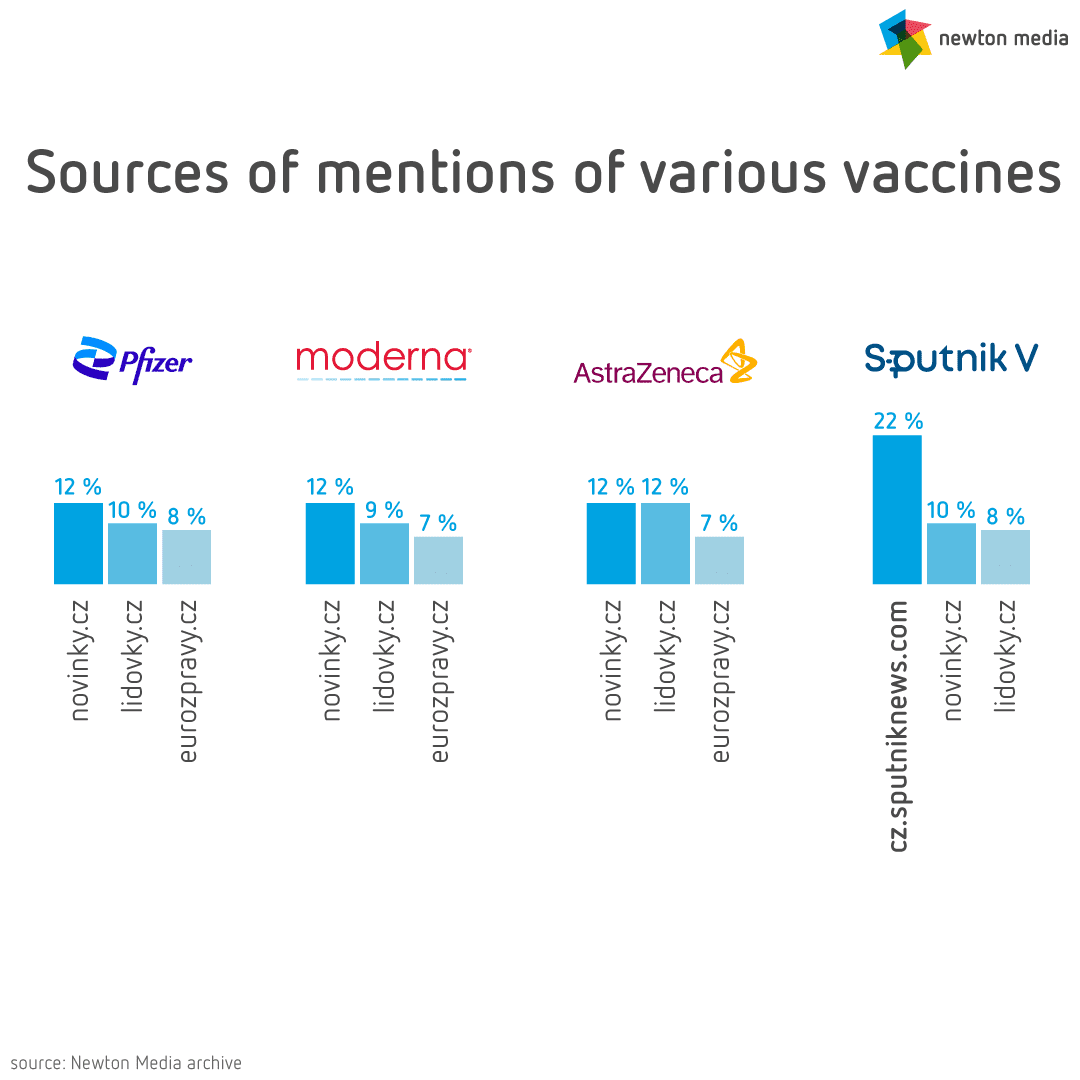
The website cz.sputniknews.com published almost a quarter of all gathered articles mentioning Sputnik V vaccine, as well as the largest number of Facebook mentions devoted to this vaccine via its own profile. The way of informing about various vaccines is also different. “While, for example, the public broadcaster ČT24 talks about all vaccines more or less neutrally and informatively, the Sputnik website targets Pfizer and supports the Russian vaccine,” explains Tomáš Kůst, an analyst at Newton Media. “Contributions about the Russian vaccine, which aroused the most interest in Sputnik’s Facebook server and recorded the most interactions, say that Sputnik V looks very promising, that it is almost 100% effective, and that the Western media is campaigning against it. On the contrary, in the most significant articles from this sources about Pfizer, we read mainly about deaths and serious health complications, which are being attributed to this vaccine. It is apparent that the website is not neutral and it mirrors and amplifies the opinions of its readers,” adds Kůst.
In addition to experts, discussions about vaccination were influenced by contributions from public figures and representatives of the political sphere. The largest number of social media contributions on the topic of vaccination against COVID-19 was published via accounts of economist Radovan Vávra, SPD MP Karla Maříková, and Prime Minister Andrej Babiš (respectively). From the opposition, the most prominent actor is Dominik Feri (TOP 09), who is active on Instagram. The largest numbers of shares were of the contributions of Tomio Okamura (48,547), Jan Žaloudík (30,405), and Karla Maříková (27,369). In his speeches, SPD Chair Tomio Okamura responded to concerns about vaccination by expressing disapproval of compulsory and widespread vaccination, pointing out possible side effects and allergic reactions caused by vaccination or non-transparent purchases of vaccines. SPD MP Karla Maříková shared similar topics as Tomio Okamura in which she expressed concerns about the rapid development of the vaccine and stated that she did not want to be a guinea pig. On the other hand, MEP Kateřina Konečná and MEP Zdeněk Ondráček (both KSČM) are involved in the debates on the Russian Sputnik V. vaccine with a positive assessment.
The state administration bodies also informed about vaccination on their social networks. The Office of the Government published 113 posts on Facebook and Twitter and the Ministry of Health released 120 contributions. However, their posts were minimally shared compared to other accounts (a total of 2,275 shares) and did not receive a significant number of interactions. It is obvious that the communication of the most important institutions is lagging, the public does not show much interest in it and prefers information provided by other accounts, which indirectly supports the spread of various half-truths and subjective opinions. Newton Media’s analysis shows that, compared to the outset of the coronavirus crisis, the pandemic is more intensively perceived as a political issue and society is no longer united in the fight against coronavirus. On the contrary, according to the social media debate, it is broken down into several like-minded groups consisting of people and media, who confirm each other’s opinions. This is creating another obstacle on the way to a successful management of the pandemic in the Czech Republic.
